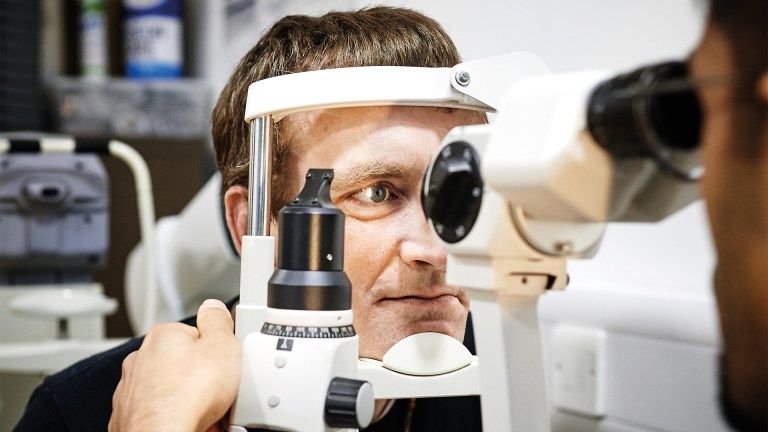Imagine you have an interview for a new job tomorrow. Some people might think about what kind of questions they will be asked so that they can prepare, or imagine the interview going well. For others, the thought of an interview will cause them to toss and turn all night thinking of every worst case scenario possible – no matter how outlandish these may be. If you’re someone who has a tendency to do the latter, you are prone to catastrophising.
Catastrophising is a tendency to assume the worst will happen when imagining a future situation – even if you have evidence that this is not the most likely outcome. People who like to feel in control (and are therefore intolerant of uncertainty) are more likely to catastrophise. This has been linked to anxiety – suggesting that frequent catastrophising may be a factor in developing certain mental health problems.
Catastrophising comes from the belief that by imagining what might go wrong, we’re better able to protect ourselves from harm – both physical and mental. However, this tendency is only helpful if you’re able to correctly predict what will happen in a certain situation and how it will make you feel.\
As we imagine future events, we experience an emotional reaction to the story we are creating – and we use this response to determine how we will feel in the future. But this way of predicting the future is often wrong since we’re not able to imagine everything that might happen. This can lead to us creating the wrong emotional response for future situations in our heads.
But our belief in what will happen in the future can have a big influence on our behaviour. For example, people who are optimistic (or even realistic) about the future are more likely to be willing to try new things. They are also likely to notice what has gone well in new situations. On the flip side, people who catastrophise about what might go wrong are less likely to try new things. And, when they do try something new, they are more likely to notice what has gone wrong. This will be stored in their memory and will add to the reasons why they we shouldn’t try new things in the future. As a result, catastrophising can lead to undue stress and anxiety and may stop you from doing the things you might enjoy or learn from.
If you’re someone who tends to catastrophise when stressed or anxious, there are a few things that you can do to help:










